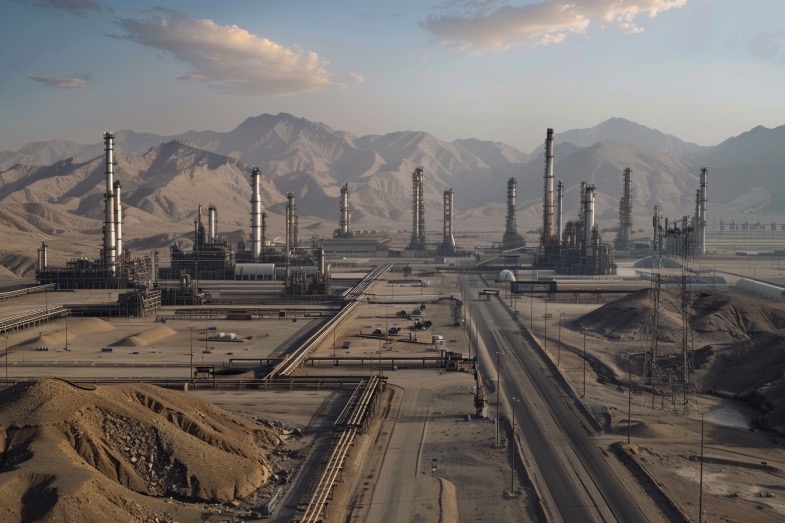Supreme Court Allows Sweeping Immigration Raids to Continue in Los Angeles
In a decisive ruling, the US Supreme Court has given the green light for sweeping immigration raids in Los Angeles to proceed, overturning a federal judge’s order that had previously halted the raids unless there was “reasonable suspicion”.
The 6-3 decision, led by the conservative majority, permits agents to make stops based on factors such as race, language, or occupation, while a legal challenge against the recent immigration sweeps is ongoing.
Despite strong dissent from liberal justices citing concerns about constitutional freedoms, the Court’s decision allows Immigration and Customs Enforcement (ICE) agents to conduct stops and questioning of suspected unlawful migrants.
According to Conservative Justice Brett Kavanaugh, ethnicity alone cannot be the sole basis for reasonable suspicion, but it can be considered along with other relevant factors.
Justice Sonia Sotomayor issued a dissenting opinion, expressing alarm over individuals in Los Angeles being targeted solely based on their appearance or background.
The White House applauded the ruling, emphasizing its commitment to arresting and deporting criminal illegal aliens.
However, Los Angeles Mayor Karen Bass and California Governor Gavin Newsom condemned the decision as dangerous and un-American.
The ruling overturns a restraining order by US District Judge Maame E Frimpong, who had previously deemed the raids unconstitutional and prohibited ICE from making stops based on certain factors.
Despite ongoing legal challenges, the Supreme Court believes the administration’s actions are likely to be upheld as constitutional in the long run.
While the decision only pertains to the temporary restraining order, it sets the tone for how the court will approach the lawsuit moving forward.
The controversy surrounding the immigration raids in Los Angeles has sparked nationwide debate over racial profiling and constitutional rights.
The Trump administration’s aggressive approach to immigration enforcement has stirred protests and legal battles, with critics denouncing the tactics as discriminatory and unconstitutional.
As the administration plans to expand law enforcement efforts to other cities, including Washington DC and possibly Chicago, the Supreme Court’s ruling sets a precedent for future immigration enforcement actions.



